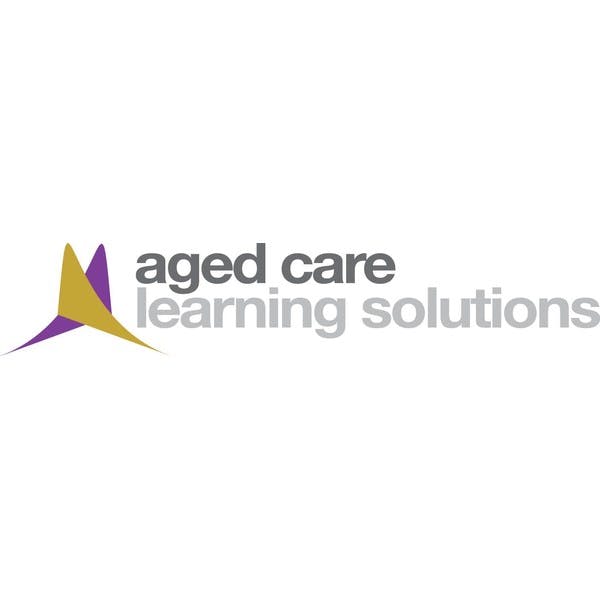Continence

Learning Activity Description
As a health care worker providing care or services to older people living in residential or home care you are required to practice in accordance with the requirements of the Aged Care Quality Standards. This learning resource will also have relevance in all of other health care settings providing care or services to older people. Aged Care Learning Solutions educational material is endorsed by the Australian Nursing and Midwifery Federation.
Learning Outcomes:
- State the incidence and impact of continence issues for older people
- Explain myths and facts about incontinence
- Describe the continence care cycle
- List urinary incontinence causes and risk factors
- Describe how continence and hydration are inter-related
- List bowel incontinence causes and risk factors
- Detail the issues for older people living with dementia and incontinence
- Discuss and apply continence support strategies

- Diabetes in Practice for Nurses
- Posted By Diabetes Qualified
- Posted Date: 2024-11-16
- Location:Online
- This comprehensive eLearning course is for Nurses looking to extend their diabetes knowledge.
- Introduction to the Healthy Child Programme course...
- Posted By eIntegrity Healthcare e-Learning
- Posted Date: 2024-11-16
- Location:Online
- This session traces the history of the development of the current healthy child programme (pregnancy...
- Safeguarding Adolescents for Nurses
- Posted By eIntegrity Healthcare e-Learning
- Posted Date: 2024-11-16
- Location:Online
- This session aims to help you understand specific issues relating to child protection for adolescent...
- Confidentiality for Nurses
- Posted By eIntegrity Healthcare e-Learning
- Posted Date: 2024-11-16
- Location:Online
- This session introduces the main principles and legal aspects of confidentiality as applied to the c...
- Capacity and Consent for Nurses
- Posted By eIntegrity Healthcare e-Learning
- Posted Date: 2024-11-16
- Location:Online
- This session explores the UK legal framework for assessing competence in young people, with particul...





